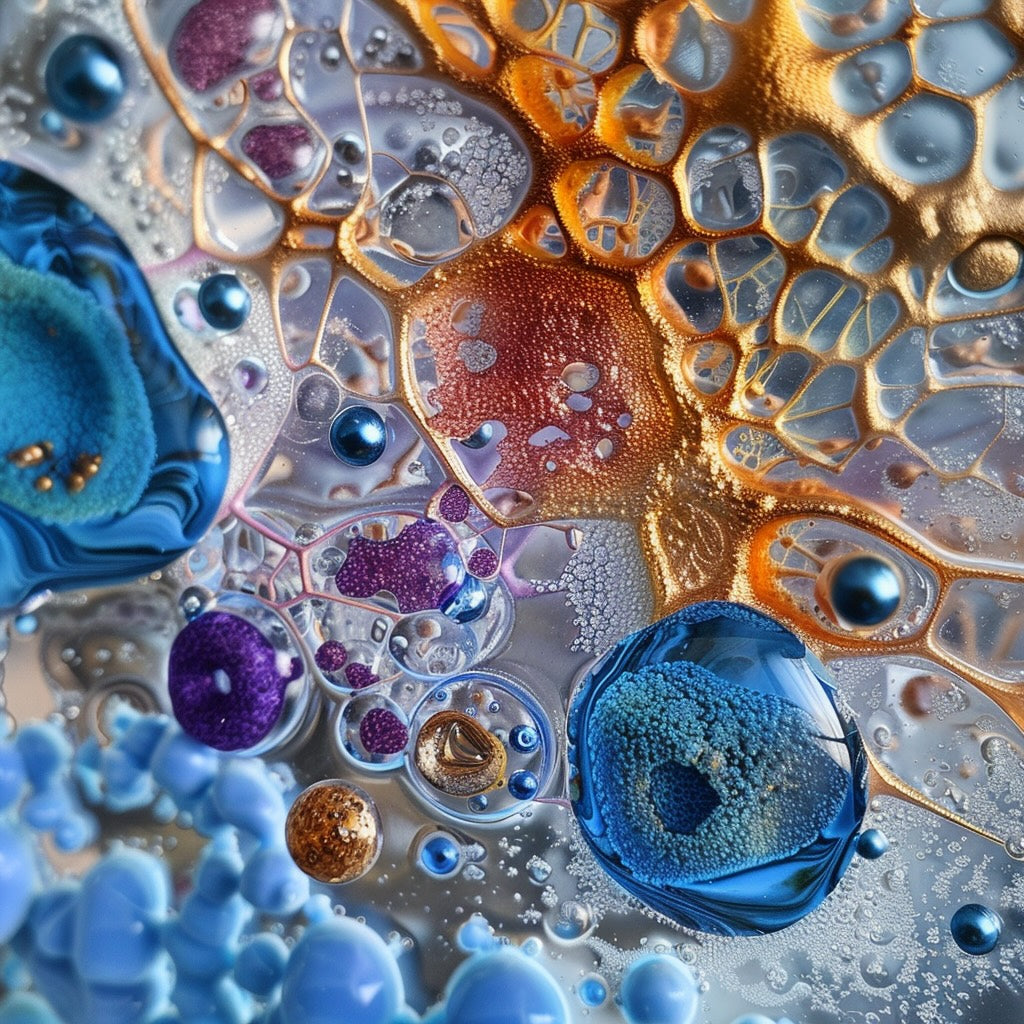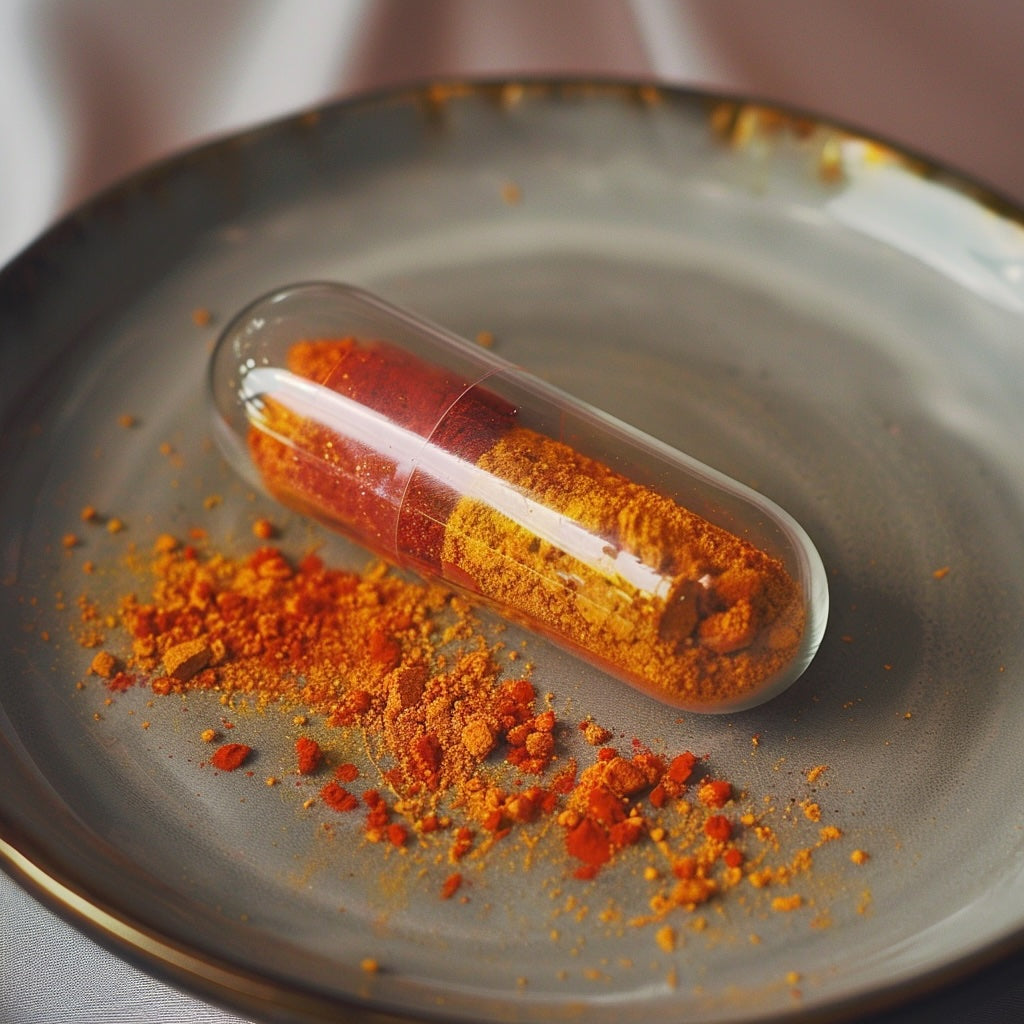Pyrroloquinoline quinone, commonly known as PQQ, is a compound that has fascinated scientists and health enthusiasts alike due to its unique properties and potential health benefits. While still a subject of ongoing research, PQQ is not a vitamin, but it might be just as essential. Here, we explore the history, nature, and intriguing aspects of PQQ and its supplements.

The Discovery of PQQ
PQQ was discovered in 1979 by J.G. Hauge as a third redox cofactor in bacteria after nicotinamide and flavin in enzymatic reactions. It was initially identified for its role in bacterial growth. Researchers observed that PQQ was not only influential in microbial growth but also appeared in plant foods and even in interstellar dust, suggesting its fundamental role in biological systems and its ancient biochemical roots.

PQQ's Role and Mechanism
Unlike traditional nutrients, PQQ’s role extends beyond that of a simple vitamin or mineral. It is involved in cellular processes as a redox agent, participating in the reduction and oxidation reactions that are crucial for cellular energy metabolism. Importantly, PQQ has been studied for its potential to stimulate the growth of new mitochondria in cells—a process known as mitochondrial biogenesis. Mitochondria are the powerhouses of the cell, and their function is deemed important for energy production and overall cellular health support.*

Health Benefits of PQQ
The interest in PQQ supplements stems from their potential health implications. Scientific studies suggest that PQQ may support cognitive health by promoting nerve growth factor and protecting neurons from oxidative damage.* This makes it a point of interest for research in cognitive performance. Additionally, its antioxidant properties are thought to play a role in combating oxidative stress, a contributor to aging.
Dietary Sources and Supplements
PQQ is found naturally in several foods, including kiwifruit, green peppers, parsley, and green tea, providing a dietary source of this compound. However, the concentrations in these foods can be low, which is why PQQ supplements may have become a popular alternative.

Future Research Directions
The future of PQQ research looks promising. With ongoing studies investigating its effects on energy levels, overall vitality, and longevity, PQQ could potentially become a staple in discussions about dietary supplements. Moreover, its possible applications in medicine, particularly in areas related to aging and energy metabolism, are areas of growing interest.
In summary, PQQ is a fascinating molecule with potential health benefits and a rich history. As research continues to evolve, it may become clearer just how significant PQQ can be for human health. Whether through diet or supplements, this compound offers an intriguing prospect for enhancing well-being in a world where cellular health is paramount.
As always, talk to your doctor before taking any supplements. Get professional advice if you think you might need any PQQ supplement or are already taking one to ensure you're not exceeding the amounts you may need.






















